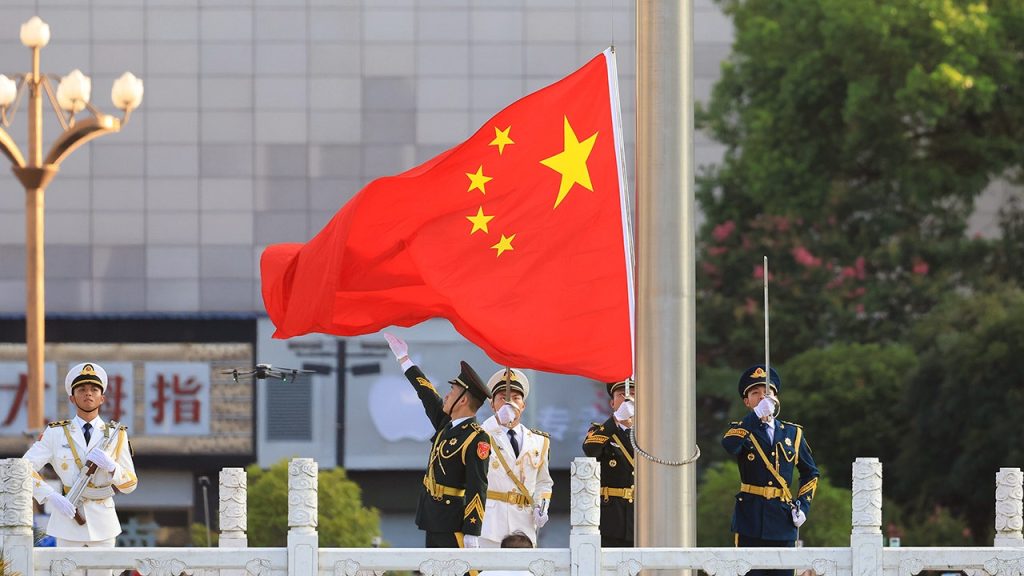China opted not to sign onto an international blueprint agreed to by some 60 nations, including the U.S., aimed at establishing guardrails for using artificial intelligence (AI) in military applications. Roughly a third of the attendees at the Responsible Artificial Intelligence in the Military Domain (REAIM) summit in South Korea did not support the nonbinding proposal, with China likely abstaining due to its general opposition to signing multilateral agreements. The lack of Chinese participation in this development is seen as an attempt to avoid constraints on its ability to use AI to boost its military capabilities, according to AI expert Arthur Herman.
Herman explained that the summit and the blueprint agreed to by some five dozen nations are intended to ensure there is always human control over AI systems, especially in military and defense contexts. It is crucial to maintain human oversight in serious battlefield decisions to prevent mistaken casualties and avoid a conflict driven by machines. The speed at which AI-driven systems operate on the battlefield is of utmost importance, particularly when decisions involve taking human lives. Nations such as the U.S. prioritize incorporating a human element in critical decision-making processes when utilizing AI technology.
The REAIM summit, co-hosted by the Netherlands, Singapore, Kenya, and the United Kingdom, was the second of its kind after over 60 nations attended the initial meeting last year in the Netherlands. China, along with 30 other countries, chose not to agree to the proposed AI safeguards, despite supporting a similar initiative during the previous summit. Chinese Foreign Ministry spokesperson Mao Ning stated that China elaborated on its principles of AI governance at the summit and highlighted the “Global Initiative for AI Governance” proposed by Chinese President Xi Jinping in October. While China remains open to collaborating with other parties on AI development, it did not provide a specific reason for not backing the nonbinding blueprint during the recent summit.
Herman cautioned that while countries like the U.S. and its allies seek to establish multilateral agreements for safeguarding AI practices in military applications, these measures may not deter adversarial nations like China, Russia, and Iran from developing harmful technologies. He emphasized the importance of deterrence when addressing threats related to AI weapons, suggesting that clarity on retaliatory measures can constrain countries determined to utilize AI for destructive purposes. It is crucial to recognize the motivations of hostile nations and rely on strategic deterrence rather than ethical considerations to prevent the misuse of AI technology for military purposes.
Overall, the decision by China and other nations not to sign the international blueprint on AI safeguards during the REAIM summit underscores the complexities surrounding the regulation and governance of AI in military contexts. While efforts to establish multilateral agreements are aimed at promoting responsible AI use, different countries may have varying priorities and perspectives on the matter. As the global AI race intensifies, it is essential for nations to collaborate effectively in addressing the ethical, legal, and security implications of AI technology, particularly in military settings. The ongoing debate on AI governance highlights the challenges and opportunities associated with leveraging advanced technologies for defense purposes in an increasingly interconnected world.


